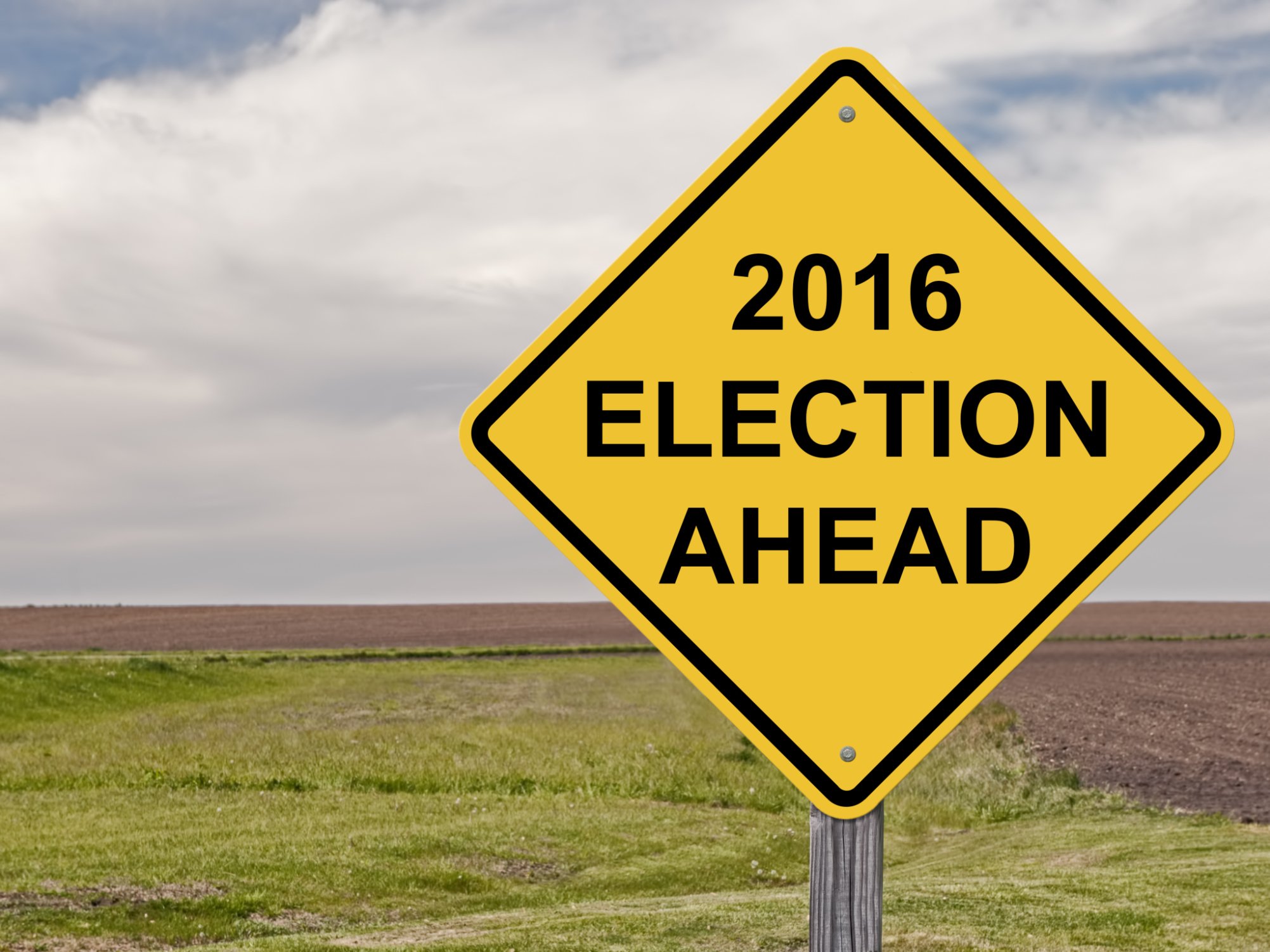
In case you hadn’t noticed, it’s an election year, and with that comes the onslaught of election-related phone calls, emails, snail mail, campaign signs, TV ads, radio ads … yeah, it’s enough to make you stop paying attention.
But within that onslaught are things you do need to pay attention to: The scammers that are hoping you’re too fatigued or too naive to notice that they’re not on the up-and-up. They want to lift your personal information so they can steal your identity.
“Scammers tend to use the same tactics over and over, but they change the subject matter to whatever is topical, timely, or in the news. As the election heats up, we will be hearing about scammers posing as political fundraisers, pollsters or get-out-the-vote canvassers,” Katherine Hutt, national spokesperson for the Better Business Bureau, said. “Consumers need to be wary about sharing any personal information with someone who contacts them, whether it’s by phone, email, text or at your front door. Especially never share banking or credit card information, or your Social Security number.”
Anyone who has experienced an attack on their identity knows that the fallout from identity-related crimes can be devastating.
The Better Business Bureau has compiled four common election season scams and schemes, the red flags you should look for, and suggestions on how to avoid them.
1. Campaign Fund Collections
Scammer are great at sounding like they’re a legitimate political party representative, election committee member or the candidate themselves. When these scammers call, they might ask you to make a donation. But, instead of acquiescing, you should get the caller’s contact information, research the candidates and organizations on your own and contribute through a verified campaign website. You can also call the phone number of the campaign office or mail in a check to their office, the BBB said.
2. Re-Register Scam
Scammers also make calls saying if you didn’t vote in the last election, you’ll have to re-register. It’s a big red flag if a caller ever tells you you’ve been removed from the list of registered voters. It’s good to remember that you should never give your personal information to any strangers who may call you, even if they sound legitimate. If you get a call about your voter registration record, call your state Board of Elections directly about your registration status, said the BBB.
3. Election Survey Scam
Scammers may also call stating that a survey is being conducted on behalf of a political party and that participants are eligible to win a prize. The scam occurs after you’ve answered their legitimate-sounding survey questions: The caller typically asks you to provide your credit card number to pay for the shipping, taxes or handling of the “prize” you’ve won with the intent to commit fraud. Legitimate polling companies will never offer such prizes for participating in a telephone survey, nor will they ask for a credit card number, the BBB said, so don’t turn over payment information.
You also shouldn’t authenticate yourself to anyone unless you are in control of the interaction. Plus, don’t over-share on social media, be a good steward of your passwords, safeguard any documents that can be used to hijack your identity, and consider freezing your credit or putting a fraud alert on your credit file if you think a scam like this has happened to you.
4. Vote By Phone
Never respond to a phone call, email or SMS message asking you to vote by phone.
“This is a scam,” the BBB said. “It is not possible to vote by phone. Hang up if you receive a vote-by-phone solicitation. You can only cast your voting ballot by mail, using official absentee ballots applied for well in advance and received by the deadline date, or in-person at an official polling station.”
Remember, monitoring your credit score regularly is a great way to watch out for identity theft. A big unexpected change in your credit score might mean a thief has struck. You can get two free credit scores every month at Credit.com to keep an eye on them regularly.
This article originally appeared on Credit.com and was written by Constance Brinkley-Badgett.










